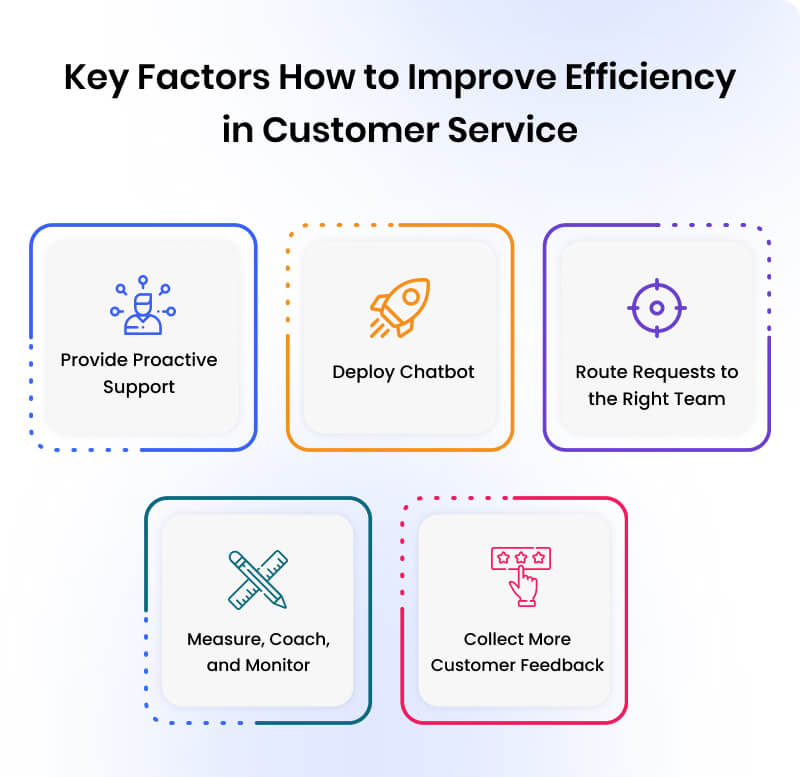How AI is Shaping Finance and Capital Markets
From the bustling trading floors of Wall Street to the intricate world of individual investing, artificial intelligence (AI) is rapidly transforming the landscape of finance and capital markets. Its ability to analyze vast amounts of data, identify complex patterns, and automate tasks at lightning speed is revolutionizing the way we invest, manage risk, and access financial services. Let's delve into the exciting and dynamic world of AI-powered finance, exploring its potential impact on various aspects of the industry:
1. Algorithmic Trading and Investment Strategies:
High-Frequency Trading (HFT):
AI algorithms are replacing human traders in HFT, executing trades in milliseconds based on real-time market data. This translates to faster, more efficient execution and potentially higher returns.:max_bytes(150000):strip_icc()/high-frequency-trading.asp-final-88956b5664b34a51936e613a61219b25.png) HFT
HFT
Quantitative Investing:
- AI-powered quantitative models are used to analyze vast datasets and identify undervalued or mispriced assets, leading to more informed investment decisions and potentially higher returns.
Personalized Investing:
- AI-powered robo-advisors are automating wealth management, offering personalized investment strategies tailored to individual risk tolerances and financial goals. This democratizes access to sophisticated investment strategies for everyone.
2. Risk Management and Fraud Detection:
Credit Risk Assessment:
- AI models can analyze vast amounts of financial data to assess creditworthiness more accurately and efficiently, reducing loan defaults and improving risk management for lenders.
Fraud Detection:
- AI algorithms can identify suspicious patterns in financial transactions, aiding in the detection and prevention of fraud in real-time, protecting both financial institutions and consumers.
Market Risk Management:
- AI can analyze complex market data and predict potential financial crises, allowing investors and regulators to make informed decisions and mitigate risks.
3. Operational Efficiency and Customer Service:
Automated Back-Office Functions:
- AI can automate repetitive tasks like data entry, reconciliation, and reporting, freeing up human resources for more strategic tasks and improving operational efficiency.
Chatbots and Virtual Assistants:
- AI-powered chatbots and virtual assistants are transforming customer service, providing 24/7 support, answering questions, and resolving issues quickly and efficiently.
Algorithmic Regulatory Compliance:
- AI can analyze and interpret complex financial regulations, simplifying compliance processes and reducing operational costs for financial institutions.
4. Ethical Considerations and Challenges:

- Algorithmic Bias: AI algorithms can perpetuate existing biases, leading to unfair outcomes for certain groups. Mitigating this bias requires careful design and training of AI models with diverse datasets.
- Explainability and Transparency: AI decision-making can be opaque, making it difficult to understand how algorithms arrive at certain conclusions. Transparency and explainability are crucial for building trust and ensuring fairness.
- Job displacement: As AI automates tasks, some jobs in the financial sector may be lost. Addressing this challenge requires reskilling and upskilling initiatives to ensure a smooth transition for displaced workers.
The Road Ahead: Embracing the AI Revolution
The integration of AI in finance and capital markets is still in its early stages, but its potential is vast and transformative. While challenges exist, embracing AI responsibly and ethically can unlock a future of more efficient, sophisticated, and inclusive financial services for everyone. As we navigate this dynamic landscape, one thing is certain: AI is shaping the future of finance, and those who adapt and embrace this technology will be best positioned to thrive in the years to come. AI Rev
AI Rev

:max_bytes(150000):strip_icc()/dotdash_Final_Algorithmic_Trading_Apr_2020-01-59aa25326afd47edb2e847c0e18f8ce2.jpg)











![[FAILED] Engage2Earn: McEwen boost for Rob Mitchell](https://cdn.bulbapp.io/frontend/images/c798d46f-d3b8-4a66-bf48-7e1ef50b4338/1)














































![[ℕ𝕖𝕧𝕖𝕣] 𝕊𝕖𝕝𝕝 𝕐𝕠𝕦𝕣 𝔹𝕚𝕥𝕔𝕠𝕚𝕟 - Is Trump Dying? Or Only Killing The Market?](https://cdn.bulbapp.io/frontend/images/a129e75e-4fa1-46cc-80b6-04e638877e46/1)




